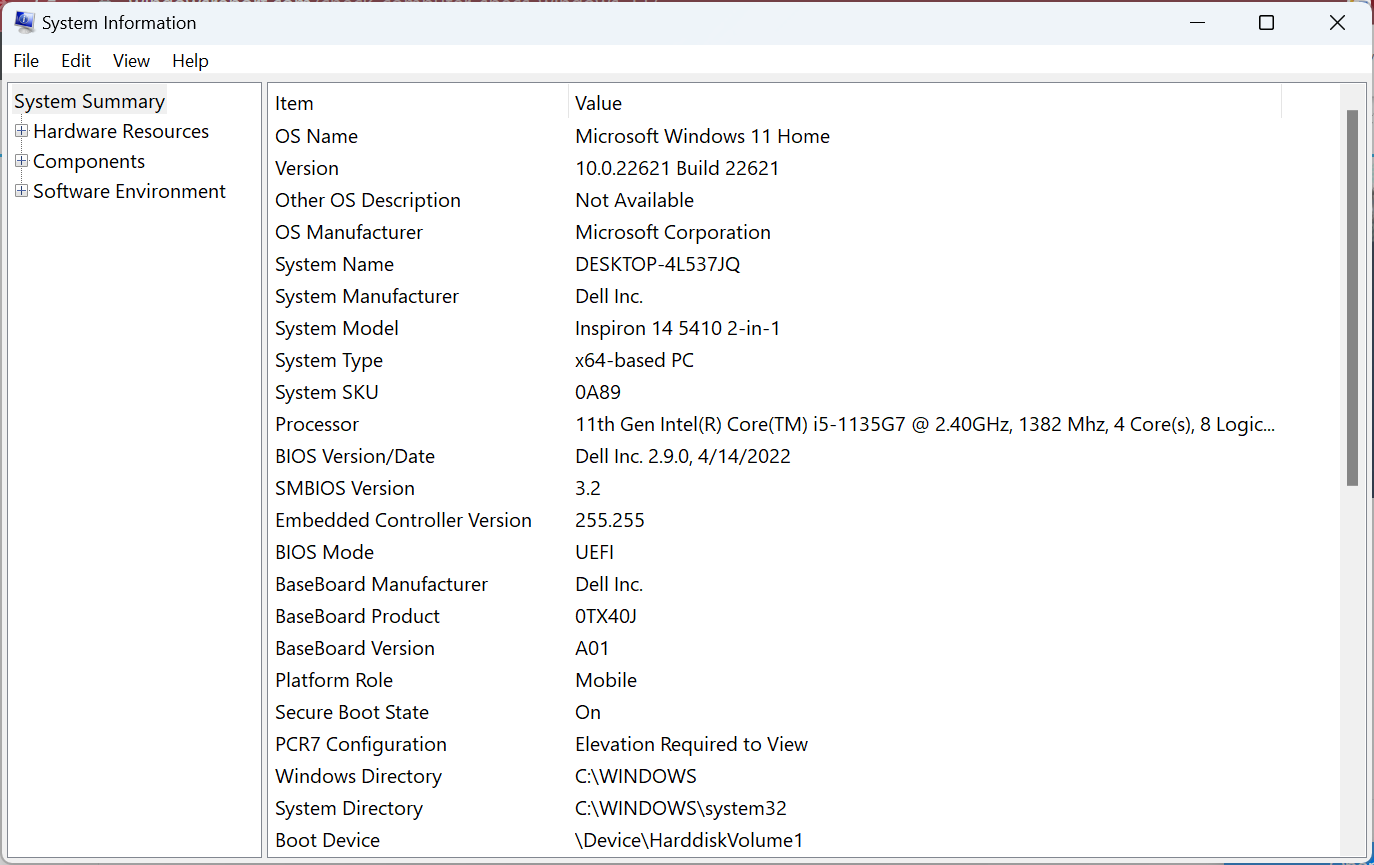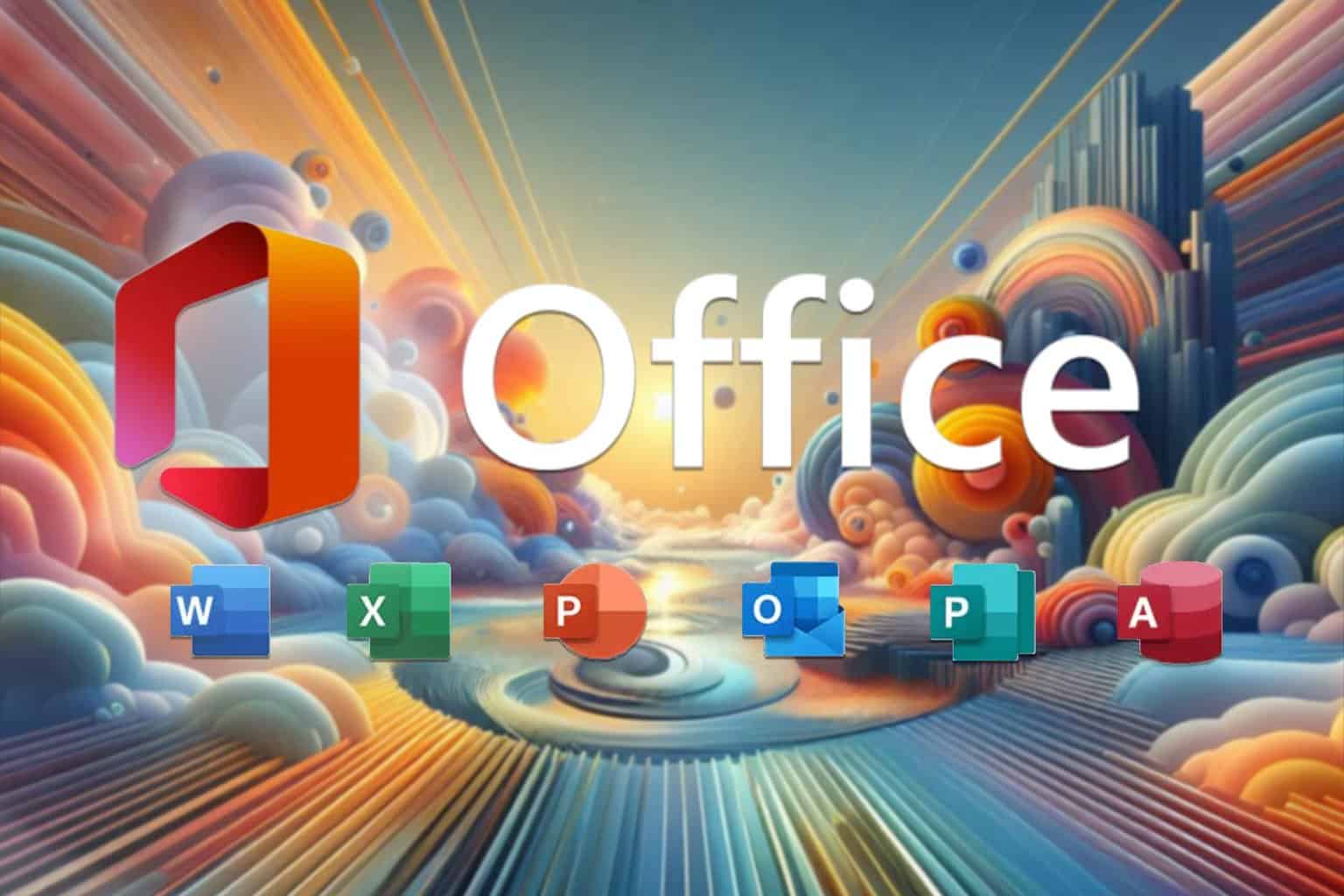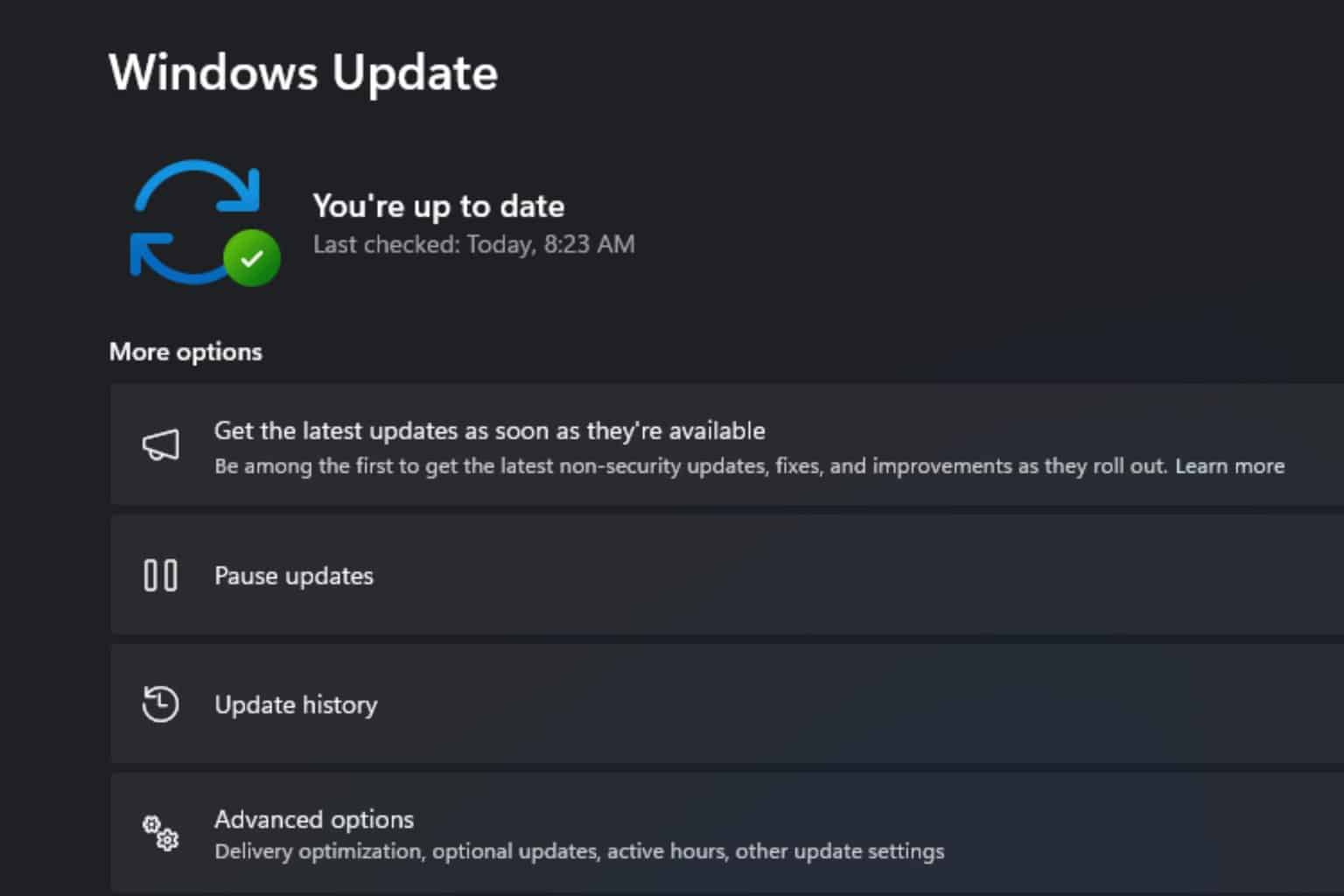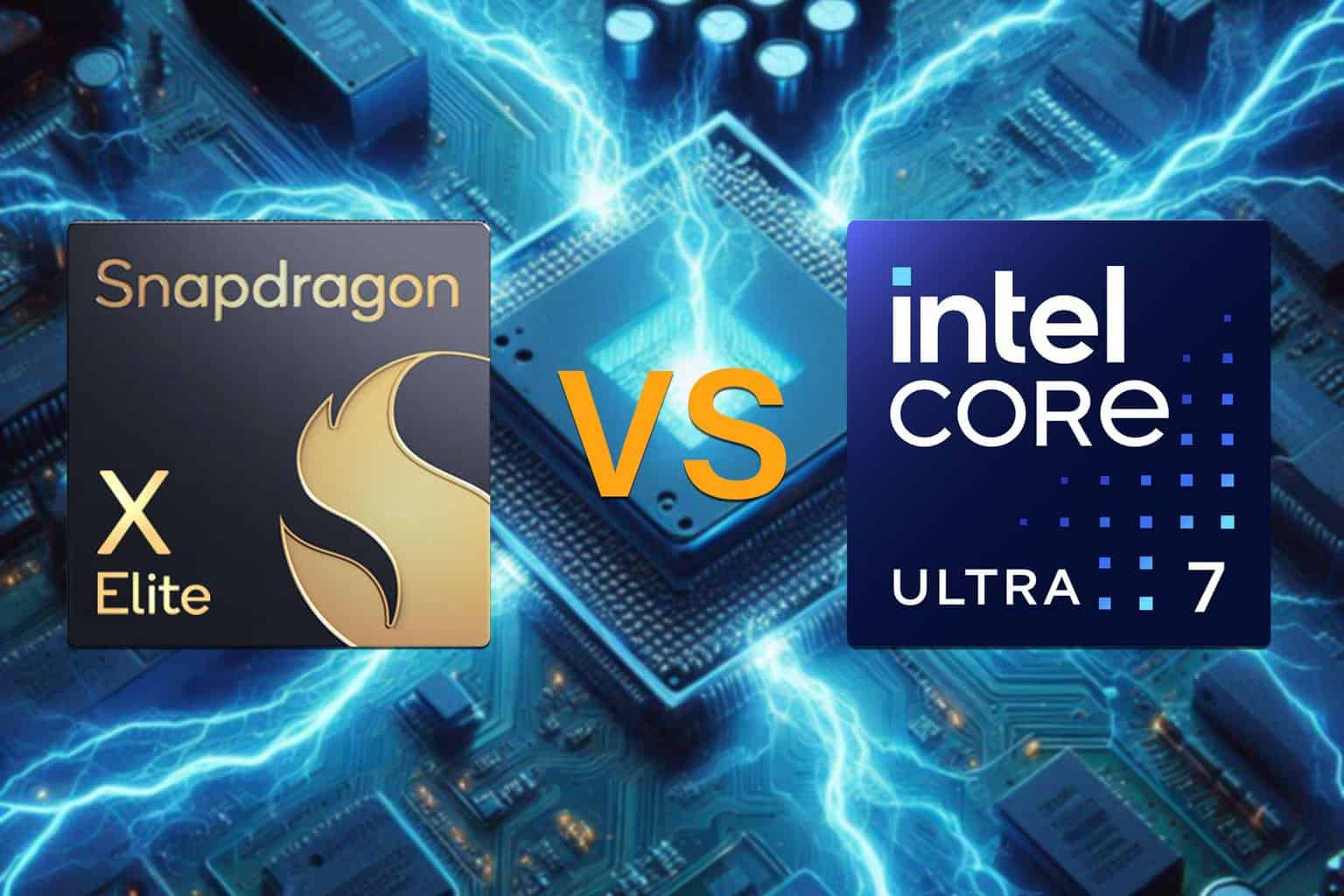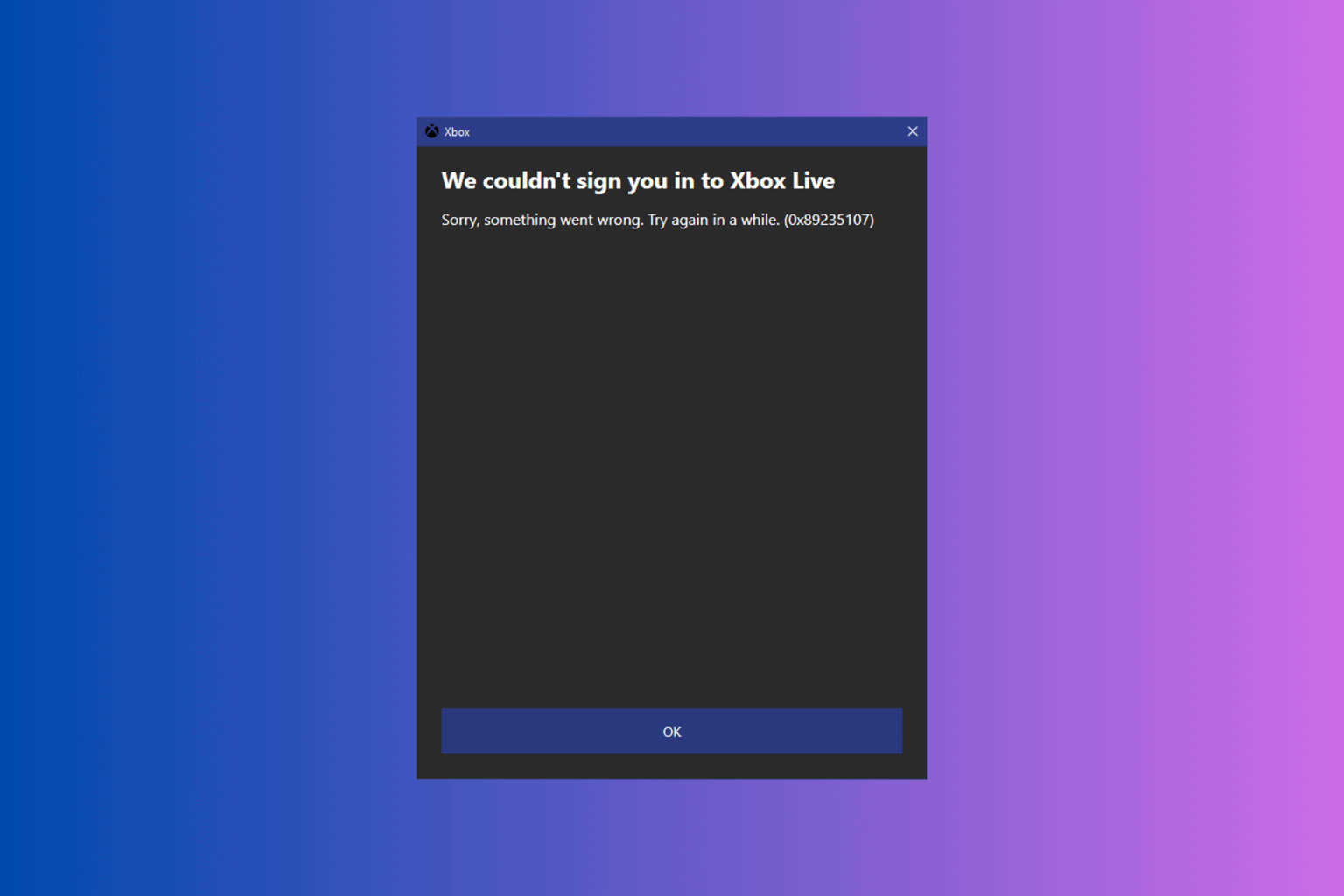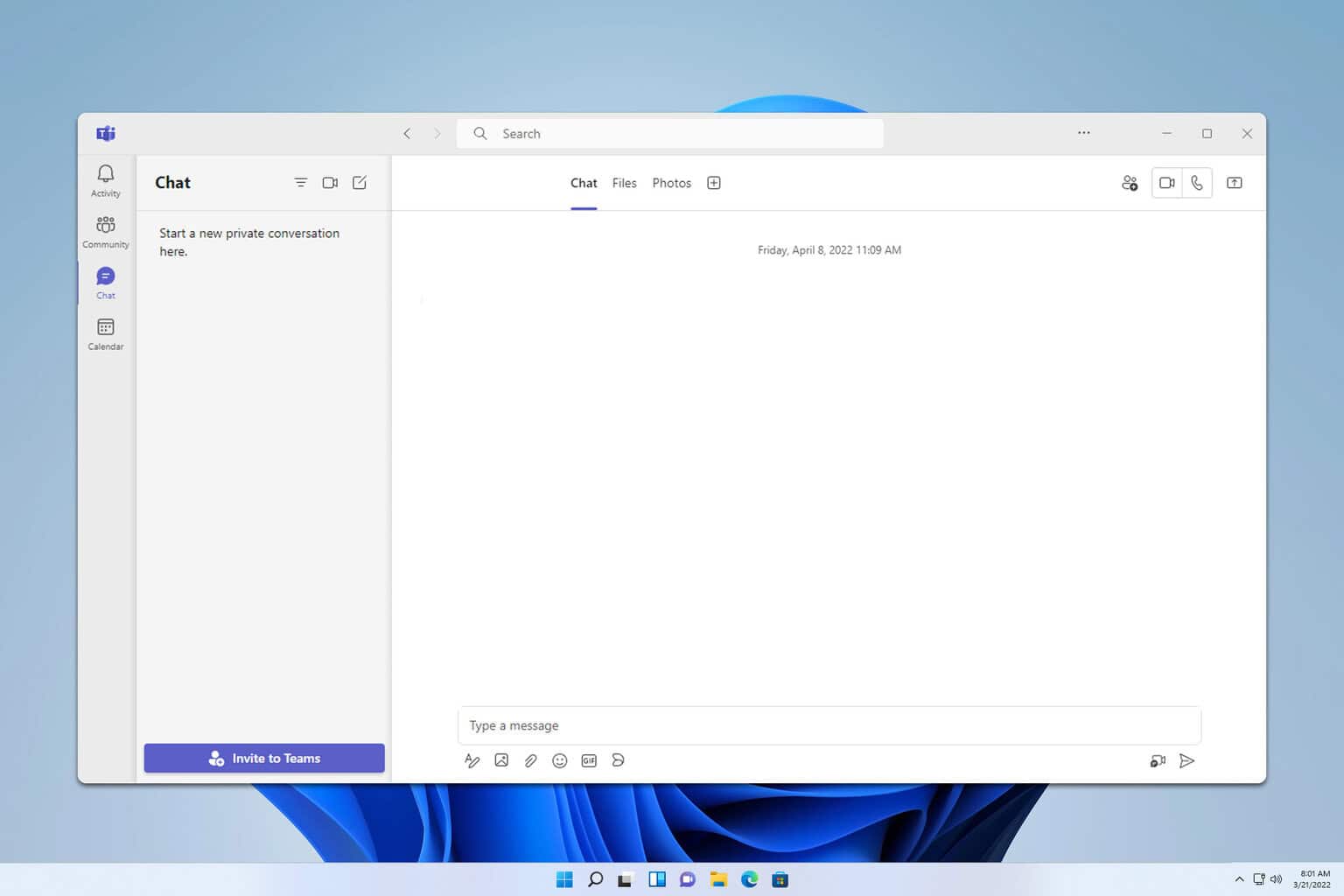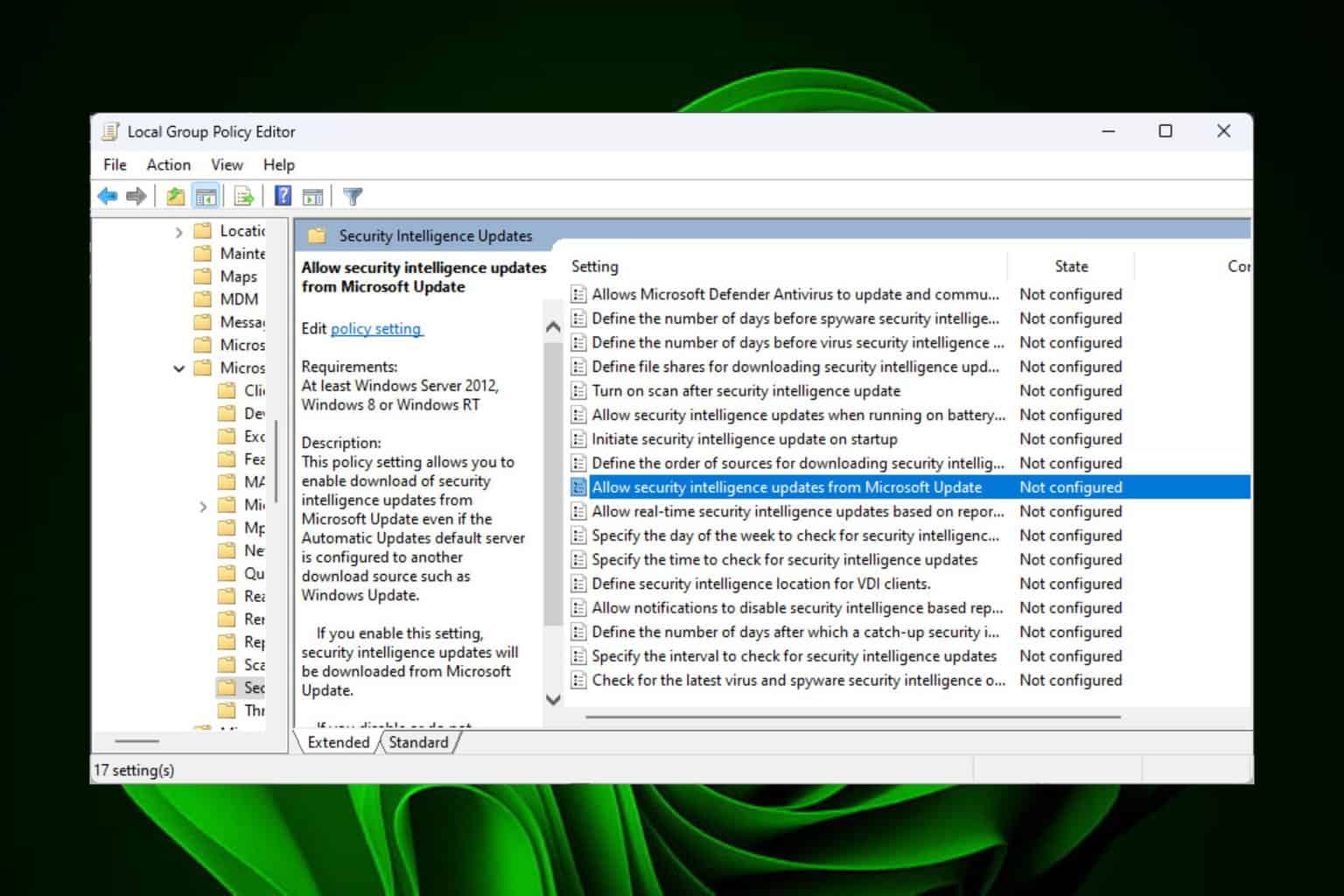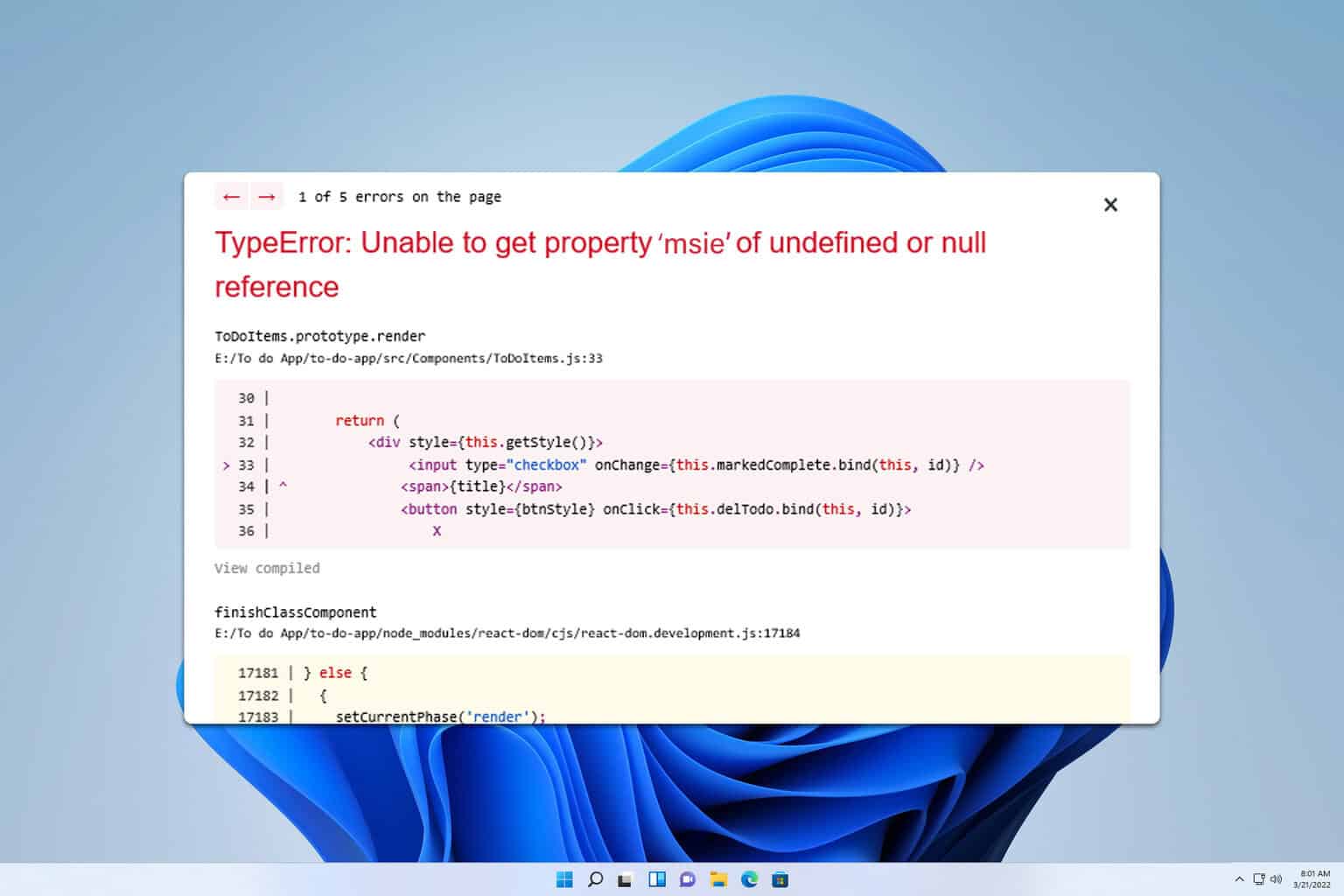Will Windows 11 Support More Processors?
Find out whether Windows 11 will support more PCs
4 min. read
Updated on
Read our disclosure page to find out how can you help Windows Report sustain the editorial team Read more
Key notes
- Given the rather strict system requirements, many are asking will Windows 11 support more processors.
- The chances of any addition to the list of supported processors are low, but with Microsoft, you never know.
- A few devices running Intel 7th Gen processors received Windows 11 updates after being incompatible initially.

Windows 11, the latest release, has been a popular and in-demand upgrade, but the system requirements have worried users. The Windows 11 market share is a testament to the former. But many wonder, will Windows 11 support more processors.
And it only makes sense! Given the taxing requirements for the latest iteration, many users won’t be able to upgrade to Windows 11. And the lack of clarity on the subject makes things even worse. So let’s find out, will Windows 11 support more CPUs in the future.
Can I get Windows 11 if my processor is not supported?
Yes, users can install Windows 11 on unsupported PCs by downloading the Windows 11 ISO and creating a bootable USB drive. Though, when it comes to whether it is safe to install Windows 11 on unsupported hardware, Microsoft’s official position is against it.
And the reason is simple! After installing Windows 11, users may experience compatibility issues, random crashes, and, worst of all, they might not receive security updates, leaving the PC exposed to all sorts of threats.
Also, Windows 11 will display a watermark on the desktop specifying that the device doesn’t meet the minimum requirements for the OS to apprise users of it, though you can remove the watermark. But in this case, it’s best to roll back to Windows 10, as per Microsoft.
Will more processors be added to Windows 11?
Coming to will Windows 11 supports more processors, the answer is no. It’s very unlikely that Microsoft will expand the list of supported processors since it’s directly linked to security.
Though Microsoft did make some additions, as described in its official blog post, it’s unlikely that more CPUs will be entrusted with running Windows 11.
The latest iteration is increasingly focused on privacy and security, and processors that don’t offer the level required by Microsoft can’t ideally run Windows 11. Essential support for Secure Boot and TPM 2.0 should give you a sense of it.
We have also encountered users asking if Windows 11 support 7th Gen Intel. It would, but this change took place quite a while after the OS was released, and Microsoft identified that Intel 7th Gen processors meet the set principles for Windows 11, though the options are limited.
Besides, for all those wondering why Windows 11 does not support old CPUs, here’s the list of primary reasons:
- Lack of security features: Older processors don’t support the security features employed by Windows 11. And it will prove to be an impediment in Microsoft’s quest for a secure OS experience.
- Enhanced compatibility and fewer errors: This is another critical reason Microsoft is ditching the older processors. As per reports, Windows reported far fewer crashes on modern processors when compared to the ones released, like a decade ago.
- Seamless performance: Windows 11 is designed to be fast and offer an unmatched experience to users. But this won’t be possible on older processors.
The Windows 11 security settings offer a massive upgrade over the previous iterations and, when configured right, can protect the PC from both online and offline threats.
What processors support Windows 11?
While there is very little chance that Windows 11 will support more processors, the current list of those that run isn’t that exclusive either. There’s a good chance that your PC might run Windows 11. And the same could be verified using the PC Health Check app.
You can easily check whether your PC falls under the list of supported Windows 11 processors. Or you could do the same from Microsoft’s dedicated page for each manufacturer as listed below:
Simply check the system specifications, identify the processor, and verify whether it supports Windows 11.
For anyone asking: should I upgrade to Windows 11?, we recommend you do. The reason, the latest iteration has a lot to offer in terms of user-friendly features, privacy, and security. Besides, Windows 10 would be out of support by October 14, 2025.
And remember, Windows 10 users will get a Windows 11 upgrade on supported PCs. The option will be offered directly via Windows Update in a phased manner. Though there are other ways to install Windows 11.
Before you leave, do not forget to check how many cores Windows 11 supports, as well as whether you should change the number of processors in MSConfig.
Leave your thoughts on the subject or share other valuable insights in the comments below.



